By Dr. Ben Lynch
There are plenty of reasons to switch to a vegan diet, but if you’re worried about how much it might cost then there are lots of ways that being vegan can be tailored to what you want to spend. Check out these tips for eating vegan on a budget.
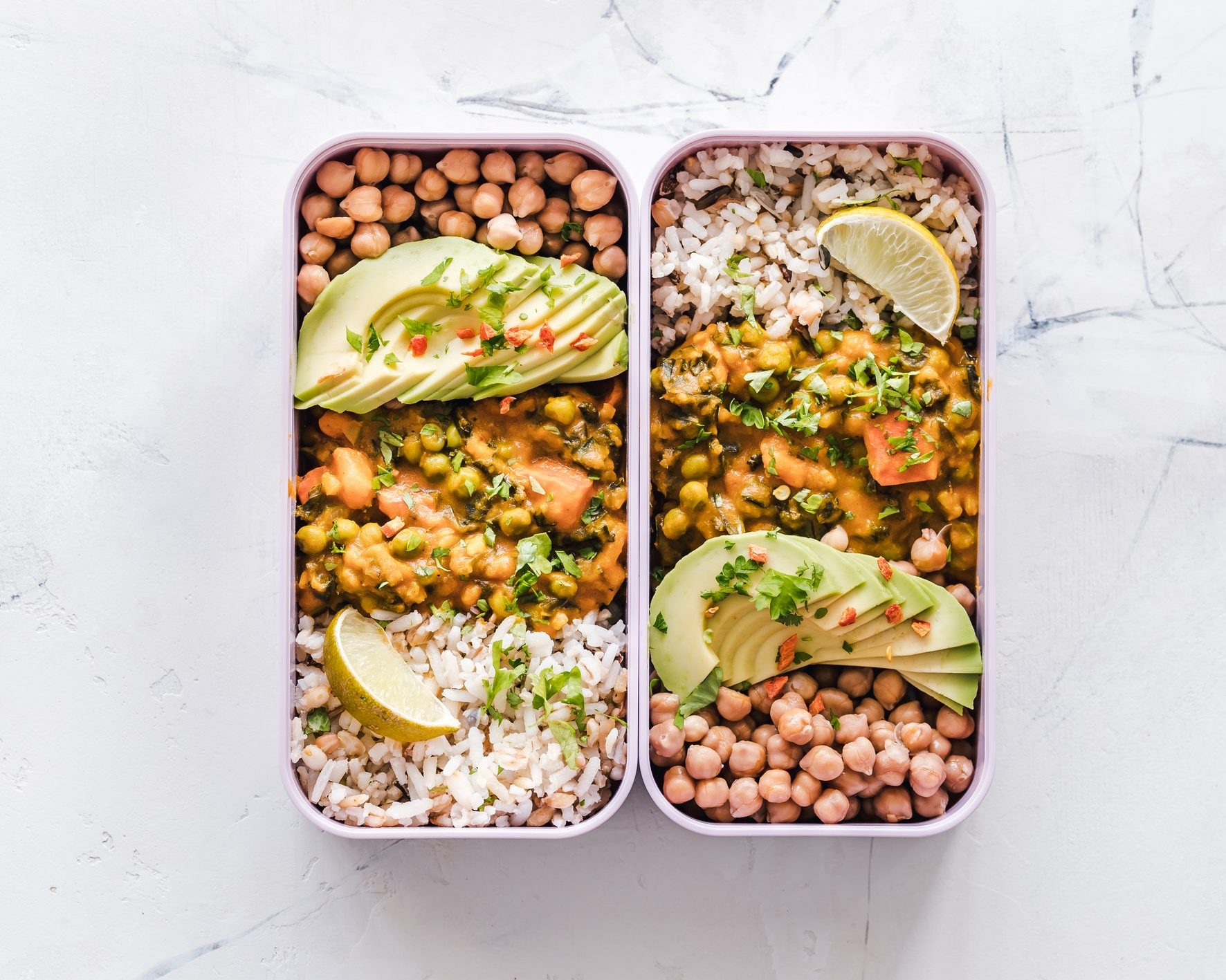
Is being vegan expensive?
Many people think that vegan diets are going to cost more because you need to choose alternatives that are often more expensive. However, many of the key staples for vegan diets, such as vegetables, seeds, beans, and grains, are really affordable.
Some of the vegan substitutes such as vegan meat and vegan cheese can cost a bit more, but you don’t necessarily need to choose these items, or you can keep an eye out for special offers and discounts. There are millions of Americans eating a plant-based diet with more and more people switching, which means there is increasing demand for vegan products and in return, the demand is starting to lower the cost.
Living a budget-friendly vegan lifestyle
These are a few of the best ways to keep costs down when you switch to a vegan diet.
Buy food in bulk
Stock up on key ingredients like legumes and grains. You can keep the costs down by buying them in bulk. Dried pulses (seeds of legumes) and beans are often a lot better value than the tinned versions and they’ll last for a long time. If you find the cooked versions in tins more convenient, then you can also batch cook and freeze beans ready to use when you’re making a meal.
And when it comes to fresh foods, choose seasonable fruit and vegetables as they’re often less expensive because they are grown closer to your home.
Prepare your own food
Instead of going to a restaurant or ordering take-out, make your own food from scratch. This gives you complete control over what ingredients are used in your food and will keep your food costs down.
Plan out what you’re going to be eating for the week ahead and then prepare some snacks and meals at the start. It’s also worth considering cooking large batches of some meals so you can freeze portions to enjoy later.
With a bit of planning, you won’t be tempted to spend money on take-out when you’re short on time. If you need some inspiration for vegan meals, then you could try using a meal planner that helps you decide what to eat and gives you a list of the ingredients.
You can also make your vegan version of things like condiments, sauces, and pastes that are often going to be a lot more affordable and healthier for you than the store-bought processed versions.
Eat a balanced diet
A vegan diet has a number of health benefits, but like any other diet, it is still important to make sure that you’re getting enough of the right vitamins and minerals.
You can boost your intake of protein by eating tofu and beans, and there are plenty of alternative sources of calcium such as almonds, plant milk, and leafy greens.
There are some vitamins such as B12 that can’t be found in plants and you might struggle to get enough through B12-rich alternatives. But there are supplements you can take to boost your vitamin intake. For example, you could take something like vitamin b12 lozenges to support cognitive function. Taking vitamin b12 lozenges can also boost energy levels and help your metabolism. If you’re considering taking supplements, it’s recommended that you talk to a doctor though.
Eating a well-balanced vegan diet will ensure that you feel full and don’t spend money on extra snacks between meals, plus it supports your body and keeps you healthy.
Cut down on food waste
Another way to make your vegan lifestyle budget-friendly is to make sure that you’re not wasting anything. With fresh ingredients, try to only buy what you need for the meals you have planned to make that week. You can also freeze things like herbs, ginger, and chillies into small portions, ready to use when you need them.
These are just a few ways that you can keep the cost of being vegan down. With a bit of planning and preparation, it’s easy to live a vegan lifestyle that fits within your budget.
Dr. Ben Lynch, author and naturopathic doctor, has a passion for researching and empowering others to take charge of their own health. He is also the President of Seeking Health and formulates all their supplements and regularly provides high-level education for both health professionals and the public.
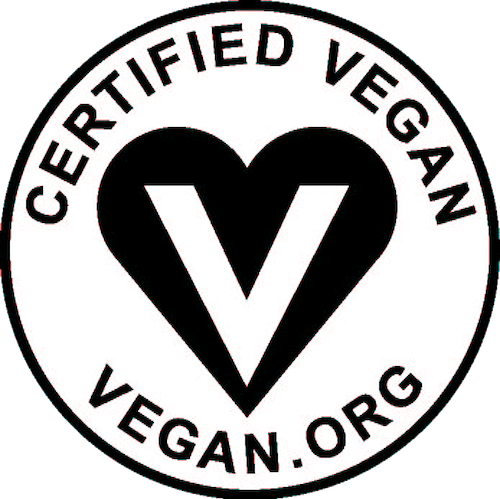
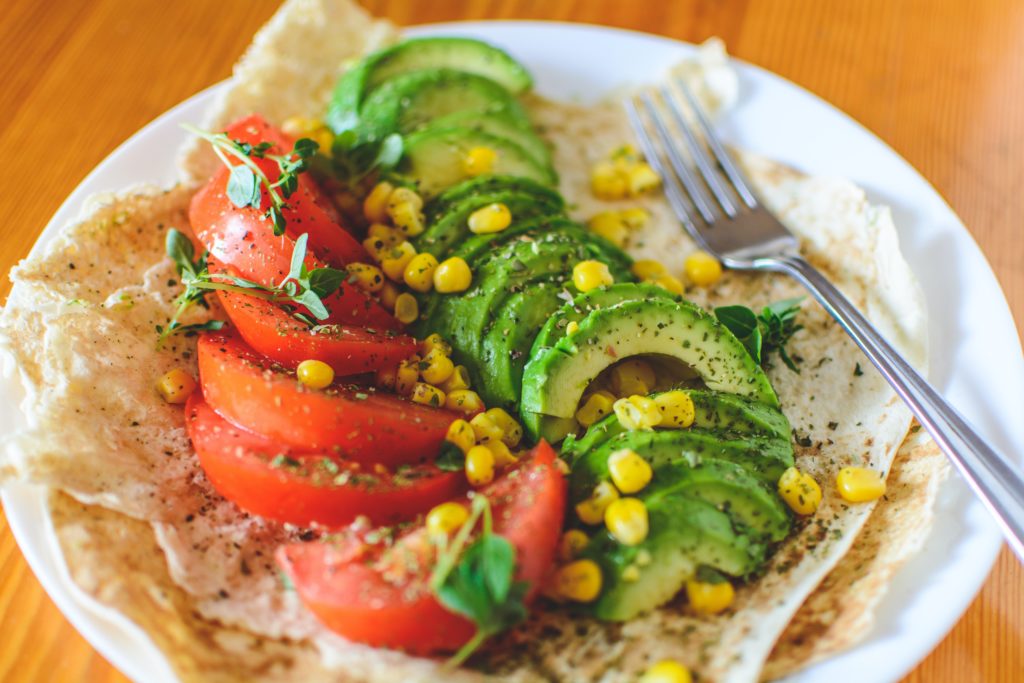


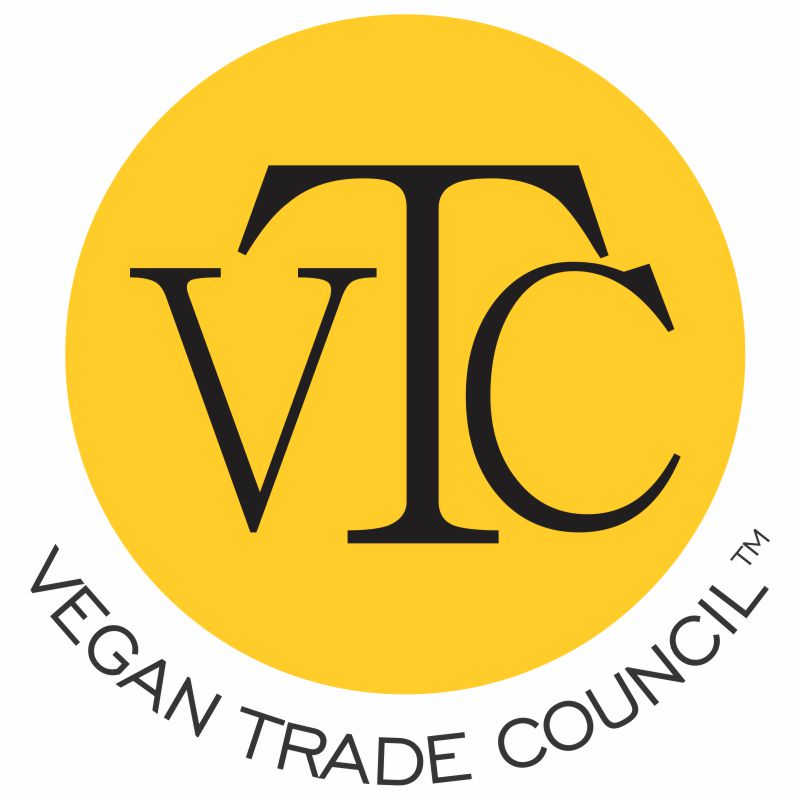
About The Author: Vegan Action
More posts by Vegan Action